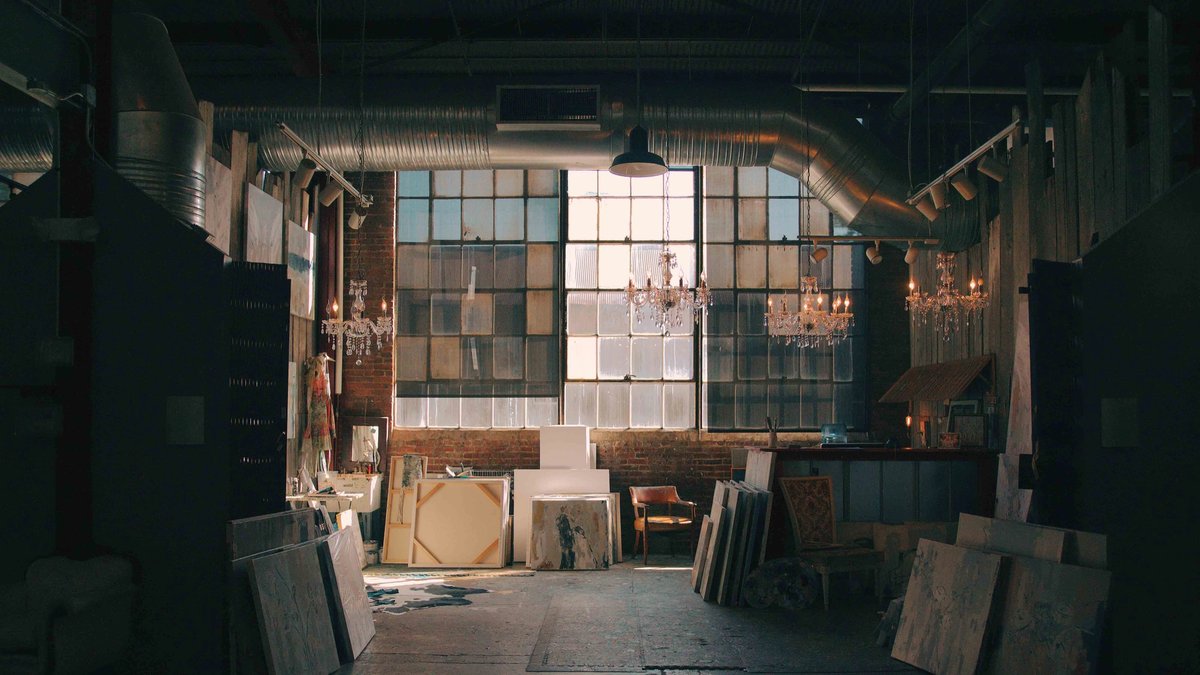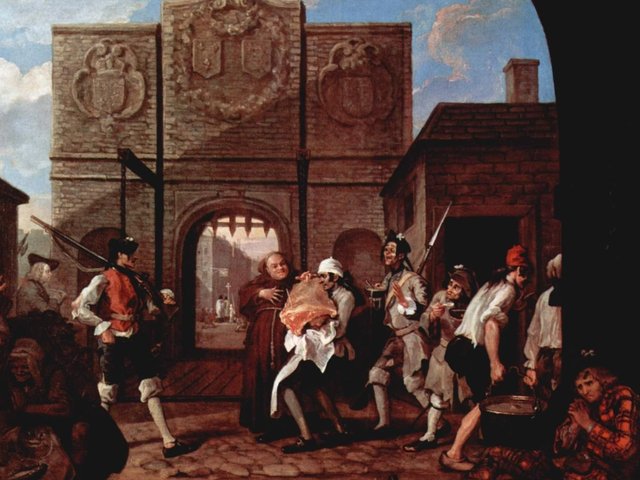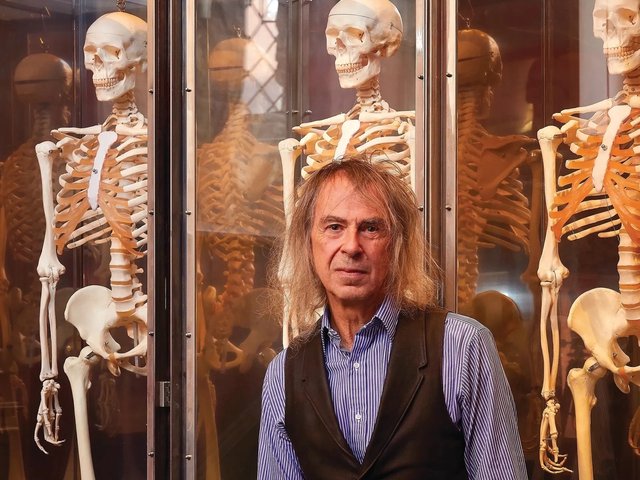Prompted by a European Union harmonisation directive and first introduced in 2006, the combination of charges and red tape made Artist’s Resale Right (ARR) almost universally unpopular among auctioneers and art dealers.
The original idea was to help struggling artists and their families benefit from the value of their art even after they had initially sold it—they would get a cut every time their work was resold and, hopefully, rose in price.
However, in reality ARR has all the hallmarks of a business levy and might better be called the Artist’s Resale Tax (ART). Now that the UK is out of the EU, should we get rid of it?
The British Art Market Federation (BAMF), which led opposition to its introduction, does not have a position on this – and is unlikely to come up with one soon.
Strange?
Not really: re-opening the debate could result in a worse position. ARR’s biggest defence is that so few people understand what it really is. Its unjustified public image is simply one of helping out poor artists. That makes any attempt to scrap it hard to sell to MPs – it’s just not a vote winner. Add to that the fact that the Brexit trade deal pledges continued reciprocity on the right and it’s clear that ARR is here to stay… in some form. But that doesn’t mean no change at all.
Its chief backers—the collecting agencies such as DACS who keep 15% of everything they charge the market—most frequently use the “fairness” argument to justify the levy. The #FairShareForArtists campaign summarises this neatly as it bids to protect ARR post Brexit: “Royalties paid through Artist’s Resale Right … give visual artists a fair share of the ongoing value of their work.”
A number of factors make ARR unfair, but these two points in particular:
- It is charged as a percentage of the entire resale price, not just on profits, each time a work is resold on the commercial market.
- The charge applies to qualifying works even when
Surely fairness would mean shared benefits applying only to profits? Maybe, but logistics and economies of scale mean acting “fairly” would make it uneconomic to collect.
The other major drawback about ARR is that it does not really achieve its aim.
It mostly benefits the successful, not struggling artists. How much of the £9.8m paid out in 2019 went to the likes of Damien Hirst, David Hockney, Frank Auerbach and the estates of Francis Bacon and Lucien Freud? Would public opinion be as supportive if the collecting agencies were truly transparent on this point?
Struggling artists should be supported and encouraged, but a system built around the Artists Benevolent Fund and its Step Change Programme would seem to offer a fairer solution, and the market could play a role in this.
However, one thing should dissuade the art market from tampering with ARR: the €12,500 cap on any single work of art.
Raising the cap significantly or scrapping it would cause serious damage to the UK market’s most profitable areas: Modern and contemporary art.
Business would shift dramatically to the US where ARR does not apply, rewarding the collecting agencies with 15% of nothing while depriving the artists they represent of this windfall income.
As long as both sides understand what is at stake, the uneasy truce should continue. If not, all bets are off.





